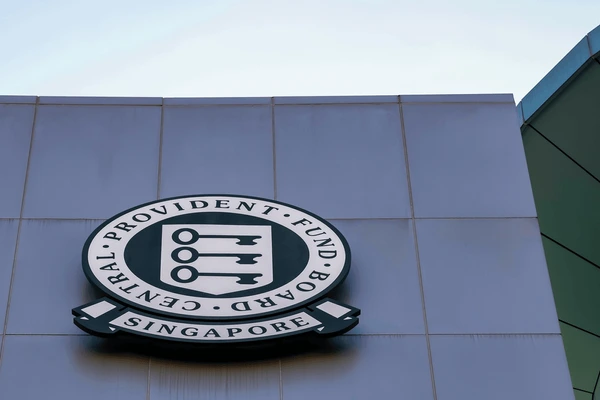Small and medium-sized enterprises (SMEs) in Singapore have traditionally relied on government grant programs such as the Productivity Solutions Grant (PSG) to enhance their business operations and expand their customer base. However, recent changes in government financing regulations have resulted in a decrease in grant funding support for this initiative, effective from 1st April 2023. This has left many SMEs uncertain about what this means for their businesses. In this article, we will examine the key features of the PSG grant program, and how the funding cuts can impact SMEs.
Table of Contents
Understanding the Productivity Solutions Grant (PSG)
The Productivity Solutions Grant (PSG) is a Singaporean government grant program that assists SMEs in implementing technological solutions to increase productivity and efficiency in their operations. The grant covers various business issues, such as accounting, inventory management, human resource management, and customer relationship management. With the PSG program’s support, SMEs can implement pre-approved productivity solutions for up to 70% of their qualifying expenses, which aims to increase productivity, reduce costs, and enhance market competitiveness. The PSG grant covers the expenses related to hardware, software, and services required to implement the productivity solutions.
The Impact of Decrease in Grant Funding Assistance
From 1 April 2022 to 31 March 2023, the support level will be up to 70%. For eligible solutions under Food Services and Retail sectors, the enhanced support level will be up to 80% from 1 April 2022 to 31 March 2023. From 1 April 2023, SMEs can receive up to 50% support for PSG. This reduction in grant funding assistance for Singapore’s PSG program can have a significant impact on SMEs. With less cash available, SMEs may find it more challenging to adopt the necessary productivity measures and undertake qualifying projects crucial for business growth and development. One of the most significant consequences of the funding cuts is that SMEs may have to delay their initiatives, resulting in missed opportunities, particularly for SMEs competing fiercely for customers.
Strategies for SMEs to Navigate the Situation
Although the reduction in grant funding support for the PSG program may pose challenges, SMEs can take proactive measures to adapt to the changing environment and position themselves for success. These measures include exploring alternative funding sources, prioritizing initiatives, leveraging existing resources, collaborating with other businesses, and focusing on long-term growth. By taking a strategic approach to their operations and growth, particularly in the face of reduced financial assistance, SMEs can successfully manage the crisis and emerge stronger and more competitive in the long run.
In conclusion, SMEs in Singapore that rely on the PSG grant program should be aware of the decrease in grant funding assistance, effective from 1st April 2023. While the funding cuts may pose challenges for SMEs, they also present an opportunity for businesses to review their operations and identify opportunities for growth. SMEs must remain resilient and adaptable in the face of change. With the right strategies and mindset, businesses can successfully manage the crisis and continue to contribute to the growth and development of the Singaporean economy.






















Leave feedback about this